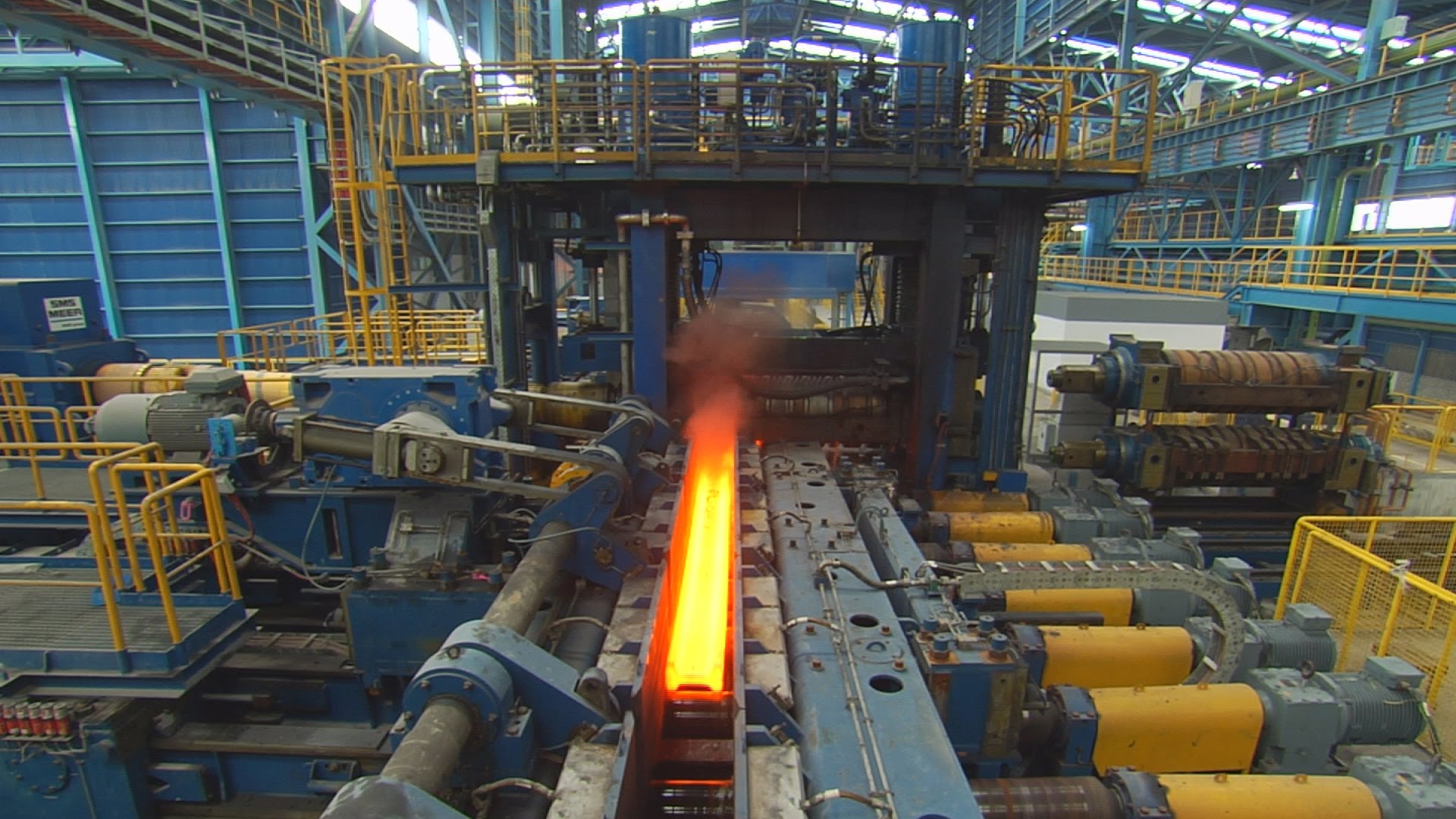The (Persian) Gulf Cooperation Council countries will not be able to escape the impact of any global trade wars that could break out following US President Donald Trump’s move to impose tariffs on steel and aluminum imports, said analysts.
Despite the region’s oil wealth and unlikelihood that any tariffs would be imposed on energy imports from the Persian Gulf, the (P)GCC remains vulnerable to any widespread economic downturn, said Monica de Bolle, senior fellow at the Peterson Institute for International Economics based in Washington D.C., Arabian Business reported.
“Because of oil, things are somewhat protected, at least a little more than rest of world. But that is not to say the region would escape from the basic harm done to global economy as a whole,” she said, referring to the potentially damaging effects of a rise in protectionism.
Beyond oil, the region is an important location for the trans-shipment of goods, with millions of tons of freight passing through ports such as Jebel Ali in Dubai and Jeddah in Saudi Arabia.
Trump announced on March 1 that he would impose tariffs of 25% on imports of steel and 10% on aluminum imports. He said that the tariffs would counter the cheaper metals coming into the US which were destroying the country’s domestic steel and aluminum industries. He later tweeted that “trade wars are good, and easy to win.”
The move has triggered fears of a global trade war with policymakers from Brussels to Beijing planning their response. The EU has considered placing tariffs on the import of US goods, such as Harley-Davidson motorbikes or Levi’s jeans.
The tariffs have been strongly criticized by the International Monetary Fund and the director-general of World Trade Organization, Roberto Azevedo, has warned that it could even plunge the world into a “deep recession.”
An official from China has said that it would take action if the tariffs started to hurt Chinese interests. Canada’s Prime Minister Justin Trudeau has spoken to Trump to express his “serious concern” about the tariffs, saying the move would “not be helpful” to concluding a deal on the North American Free Trade Agreement.
In the (P)GCC, countries that export a lot of aluminum, such as Bahrain, could be the most vulnerable to Trump’s tariffs, said Jason Tuvey, Middle East economist at Capital Economics.
De Bolle warns that despite the US’s strategic interests in the (P)GCC, it is hard to predict what the Trump administration will do next.


